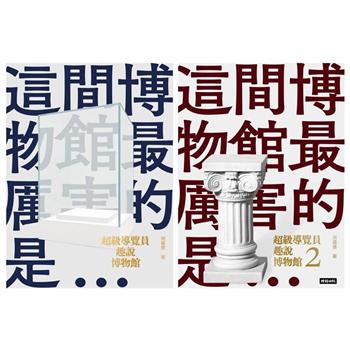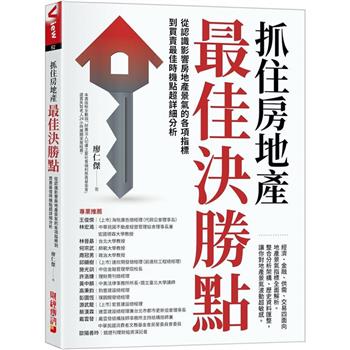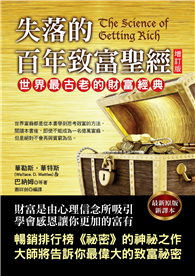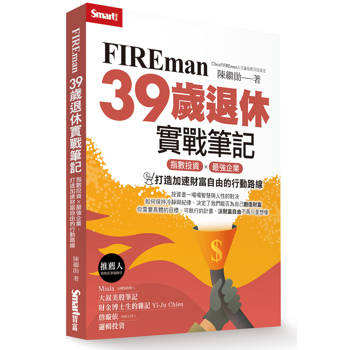Russia’s full-scale invasion of Ukraine confirmed that revived great-power competition has heightened the prospect of global conflict, while restoring the concept of deterrence to centre stage. The stakes in a conflict in East Asia, however, would be even higher than those in Ukraine. A war over Taiwan could bring the United States and China, the world’s two greatest powers, into a direct military conflict which would represent a contest for regional or global leadership and would be likely to draw other powers into the fight. Such a war - in which the nuclear question would be ever-present - can currently be described as ’possible, avoidable, but potentially catastrophic’.
In this Adelphi book, Bill Emmott evaluates the diplomatic and deterrence strategies that countries in and outside the Indo-Pacific region are using to try to reduce the risk of that conflict occurring. This book examines these strategies in the light of the lessons of the Ukraine war and identifies yardsticks with which to gauge their potential effectiveness and sustainability. Our goal, Emmott argues, must be for all sides to regard such a US-China conflict as ’inevitably catastrophic and therefore inconceivable’.












